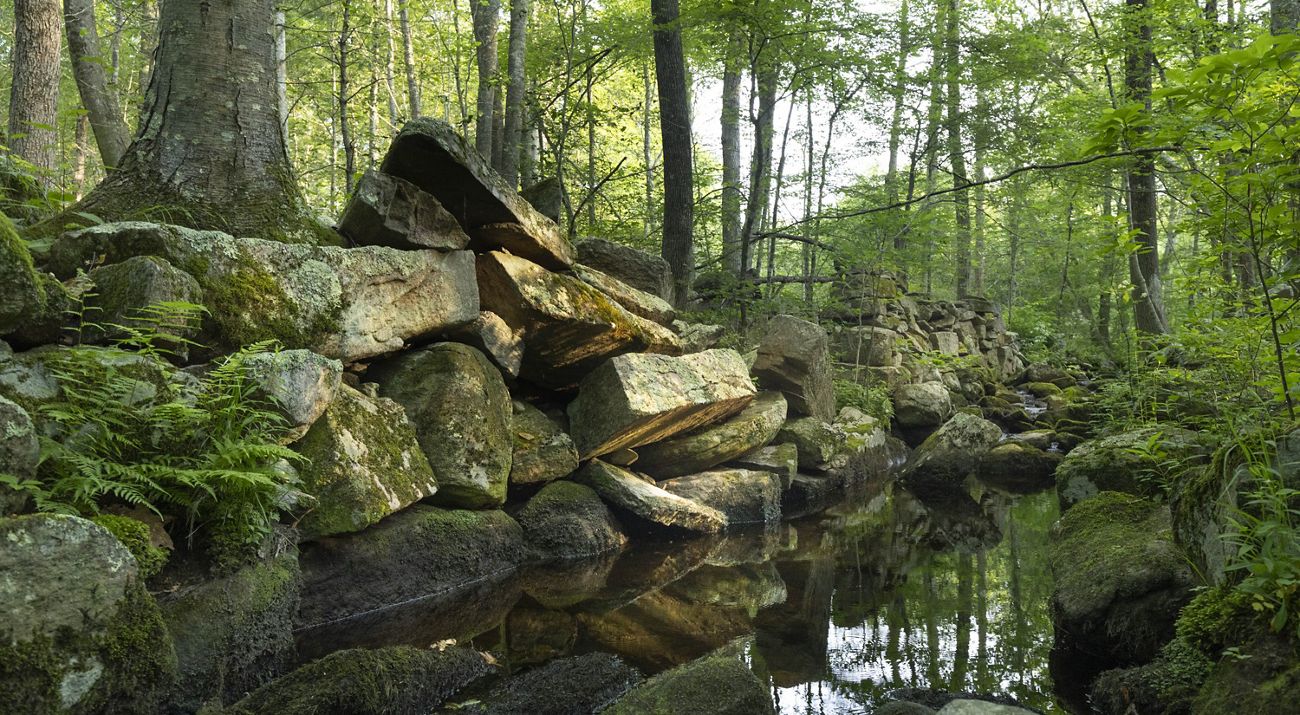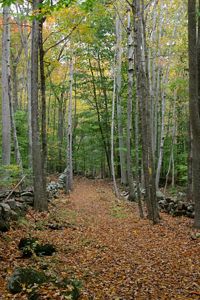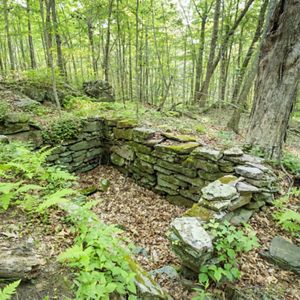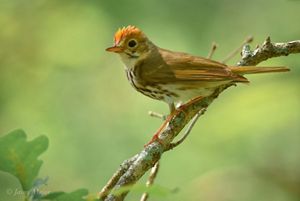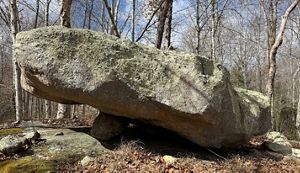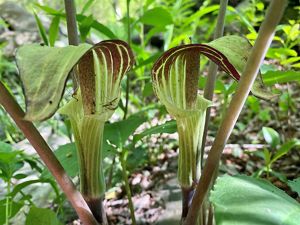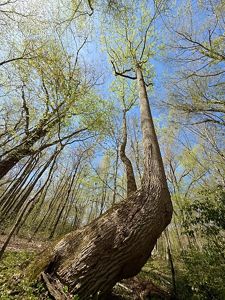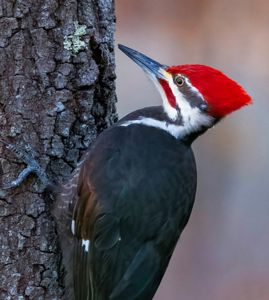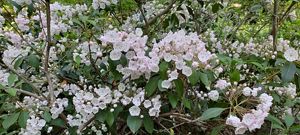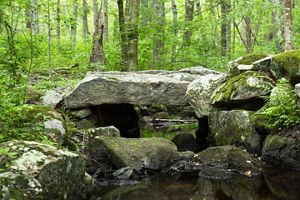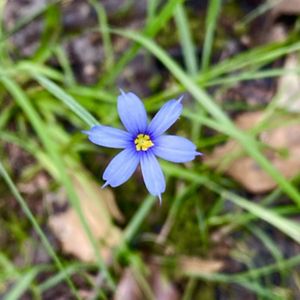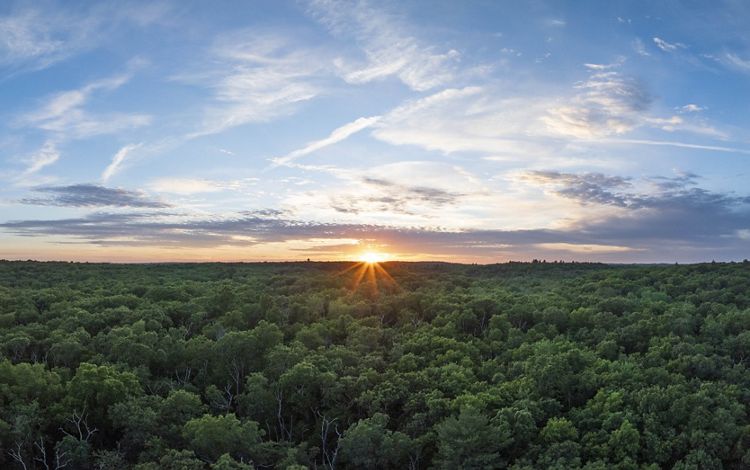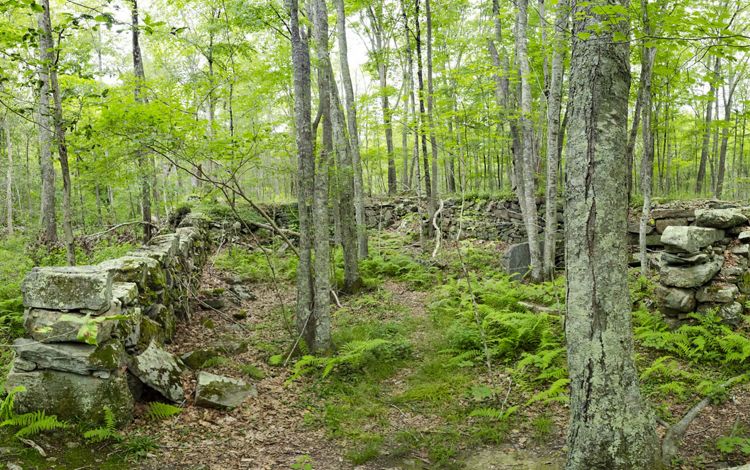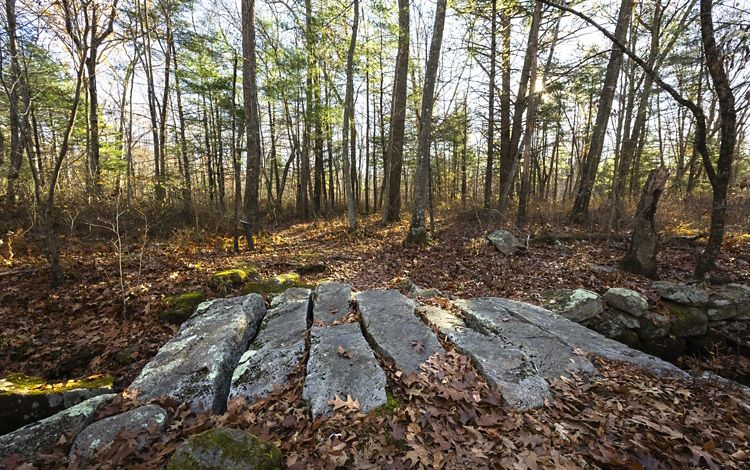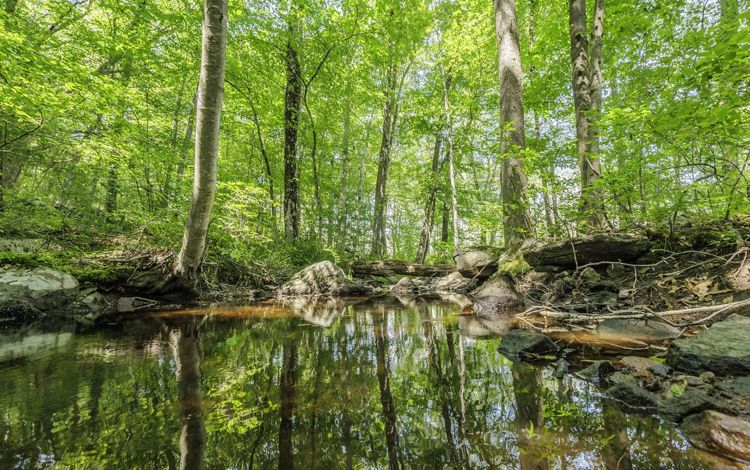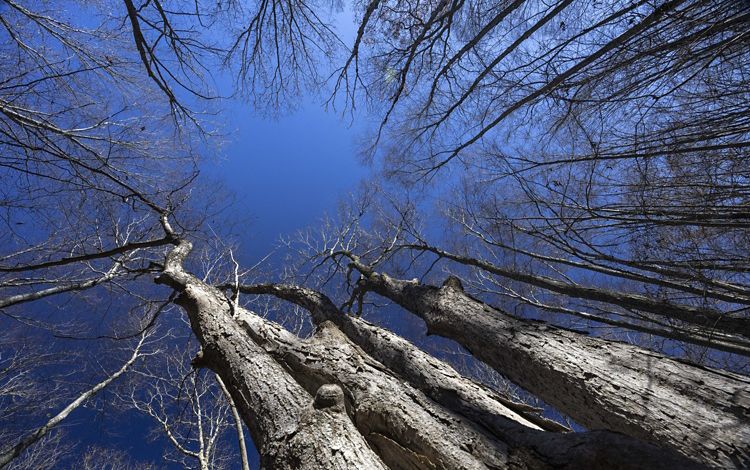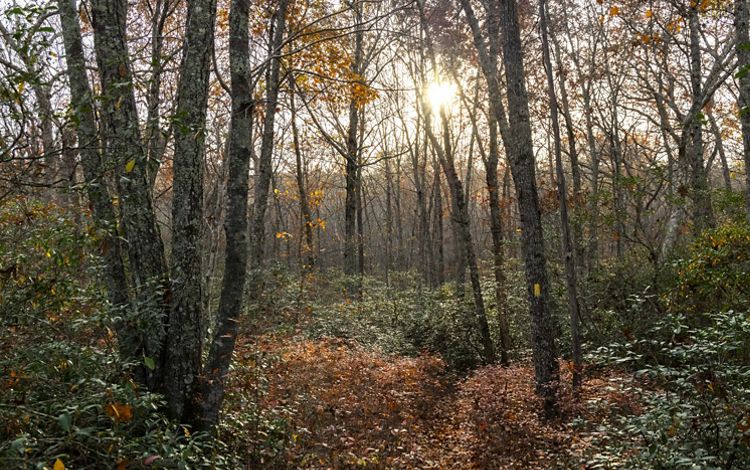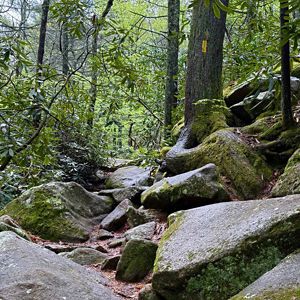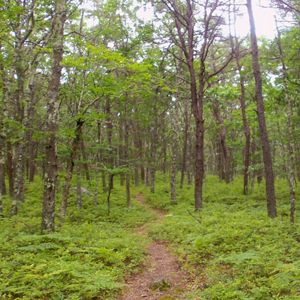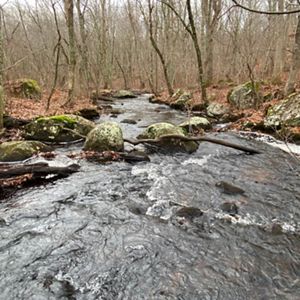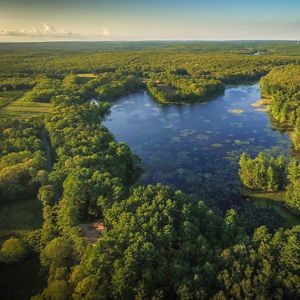Description
The Canonchet Brook Preserve is part of a large, healthy forest near the Rhode Island/Connecticut border. It protects the headwaters of Canonchet Brook and Tomaquag Brook, tributary streams to the Wood-Pawcatuck National Wild and Scenic River.
More than 6 miles of marked trails take hikers across a rugged landscape of boulders, rocky outcrops and swampy lowlands. Large oaks and tulip trees dominate the forest canopy high above, attracting a wide variety of songbirds.
Dogs must be leashed at all times.
Archery hunting for deer is permitted on a portion of this preserve, under rules updated annually by DEM. Hikers are required to wear fluorescent orange from September 15 to January 31.
Canonchet Brook Preserve is co-managed by TNC and the Hopkinton Land Trust.
